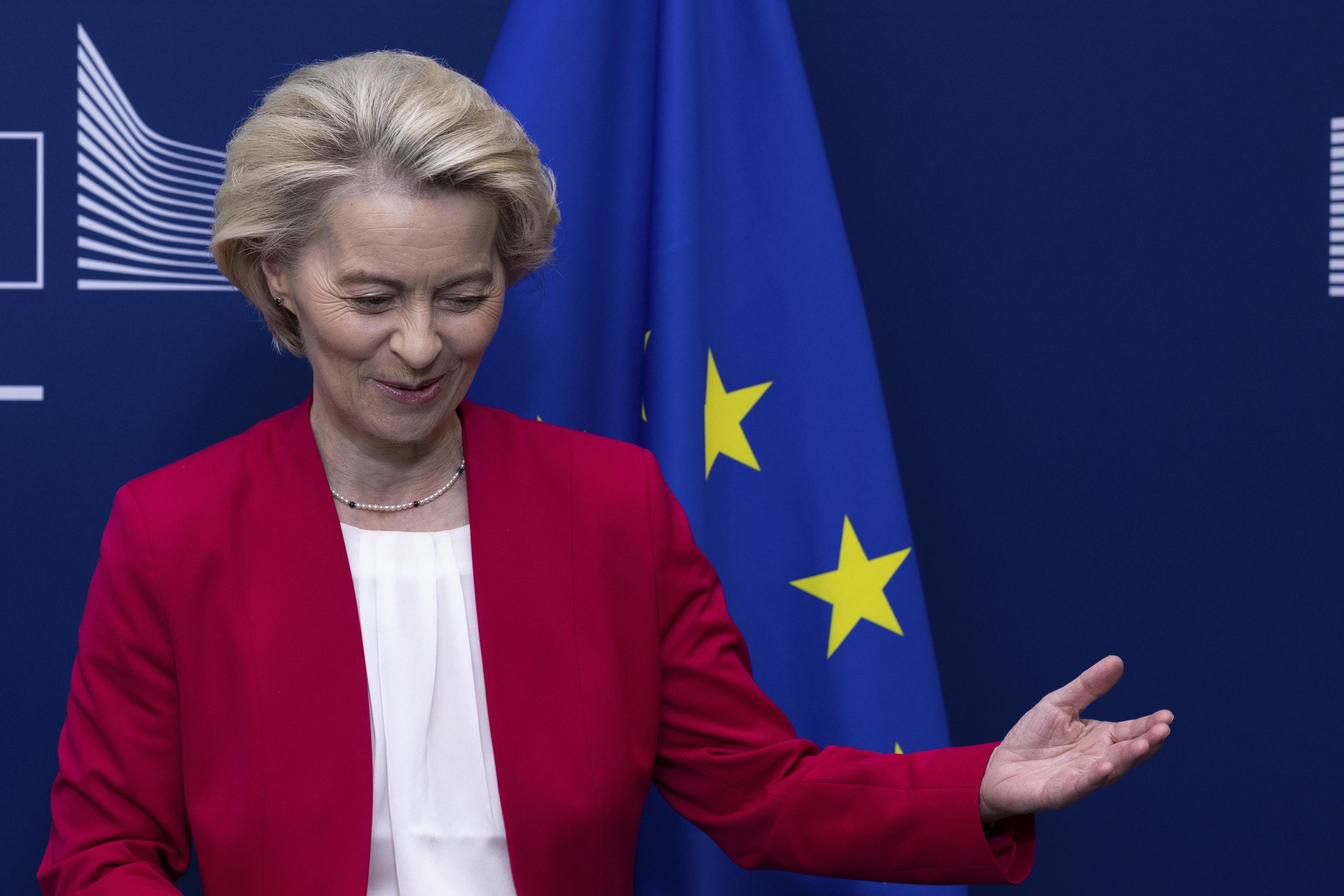The 27 member countries of the European Union approved on Wednesday SAFE, the Defense program endowed with 150,000 million euros in loans that will be used for the "massive" purchase of war material: from missiles and artillery systems to drones and anti-aircraft defense systems, as stated in the document accessed by EL MUNDO.
The text states that, "since early 2025, the Union's security context has significantly deteriorated" and mentions, of course, the danger posed by Vladimir Putin, but also, and this is very relevant, it directly points to one of his closest collaborators: Aleksandr Lukashenko.
"Taking into account the threats to the Union's land, air, and sea borders, and consequently, the need for massive public investments, such solidarity is especially essential for the Member States most exposed to military threats. In this regard, the threats posed by Russia and Belarus are particularly urgent and relevant," the text states.
In the document, delving into "Defense products," two categories are proposed. The first: "Ammunition and missiles; artillery systems, including deep precision attack capabilities; ground combat capabilities and their support systems, including soldier equipment and infantry weapons; small drones and anti-drone systems; protection of critical infrastructures; cybernetics; and military mobility."
And the second: "Anti-aircraft and antimissile defense systems; surface and submarine maritime capabilities; drones other than small drones and related anti-drone systems; strategic enablers such as, among others, strategic airlift, air refueling; protection of space assets; artificial intelligence and electronic warfare." There is no doubt that this is war material and that Europe is preparing for this possibility.
The Security Action for Europe program has been agreed at the ambassadorial level, so next week it will simply need to be formalized by the ministers, and therefore, it has the support of Spain. This part of Defense investment is the least contentious for the government, as the funds will not come from the national budget. However, it is also relevant that there is no trace of the subsidies Spain wanted, similar to what was already approved for the Recovery Plan and does not require repayment. But in this case, it has been pointed out that everything will be structured through loans.
The financing, specifically, will be carried out with a joint debt issuance backed by the EU and transferred to countries in the form of credits with "a sufficiently long repayment period, up to a maximum of 45 years." The system also aims to boost the European industry, which is another priority for Brussels and especially for France. Therefore, at least 65% of the components of each final product included in each purchase must come from EU countries, Ukraine, or members of the European Economic Area. This obviously means that only 35% can come from other countries, including the United States, a nation that many initially pointed to as the main interested party in rearmament to boost its arms industry.
Additionally, joint purchases will be open to third countries that are candidates to join the EU or that have security and defense agreements with Brussels. Some examples include: Norway, Moldova, Japan, South Korea, or, as of this week, the United Kingdom.
